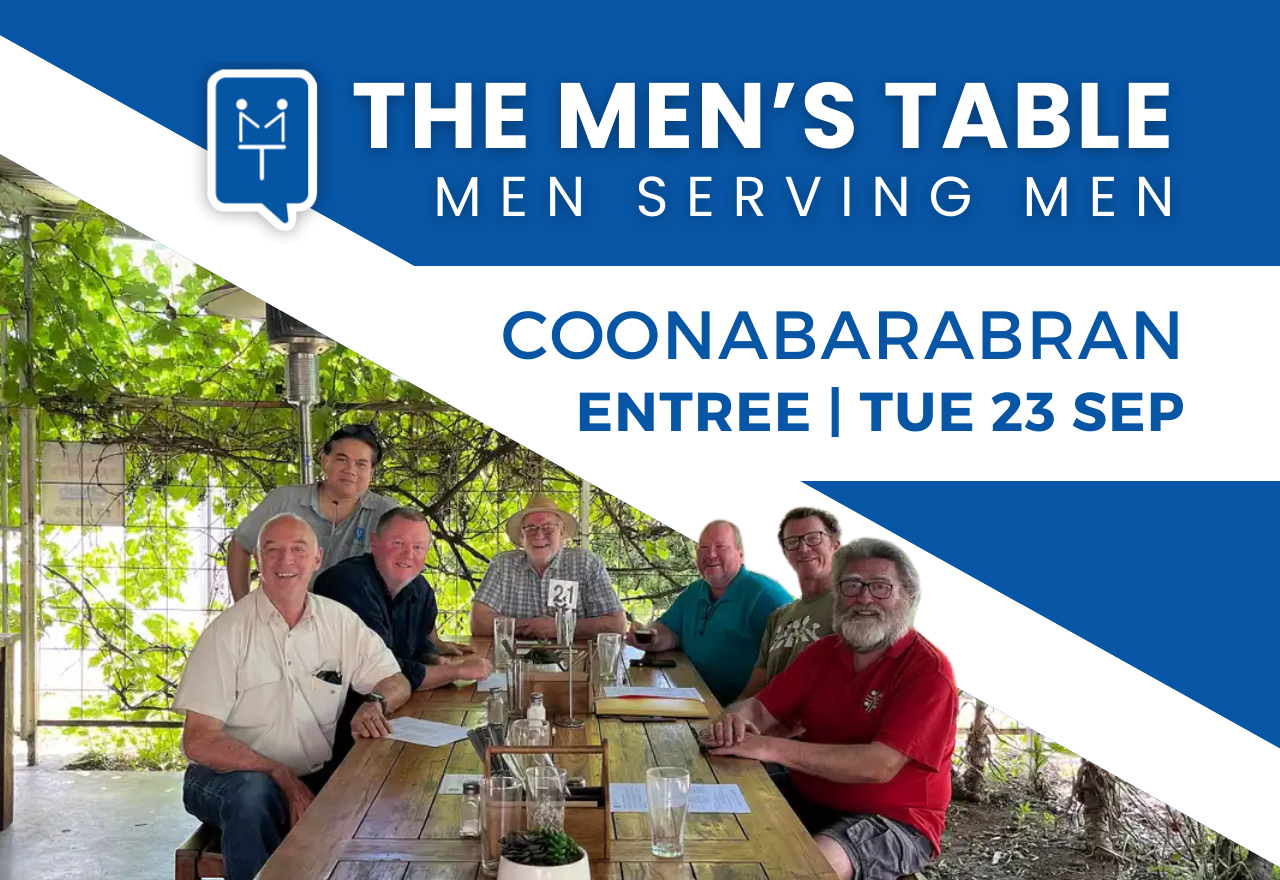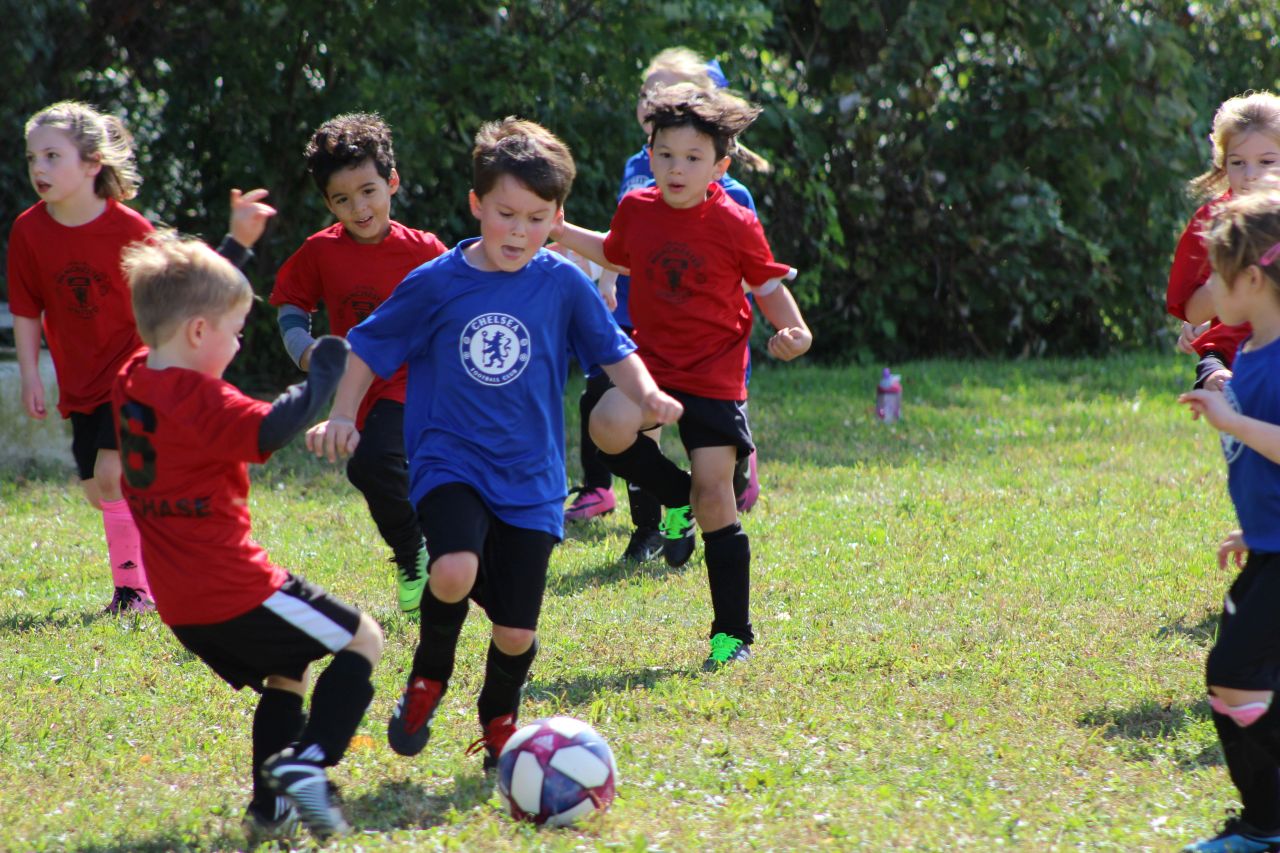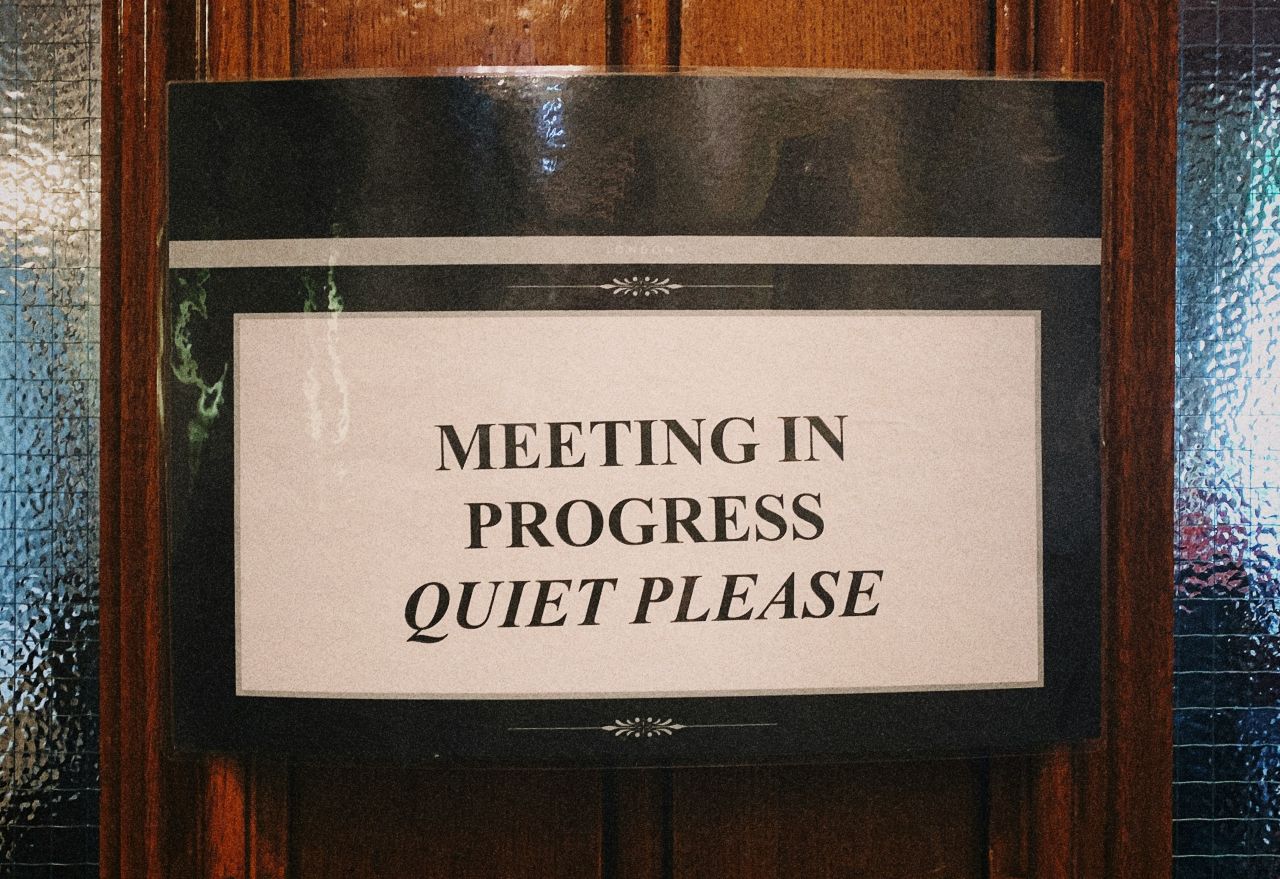Young girls most vulnerable in homelessness crisis
Farren Hotham
13 September 2025, 2:40 AM
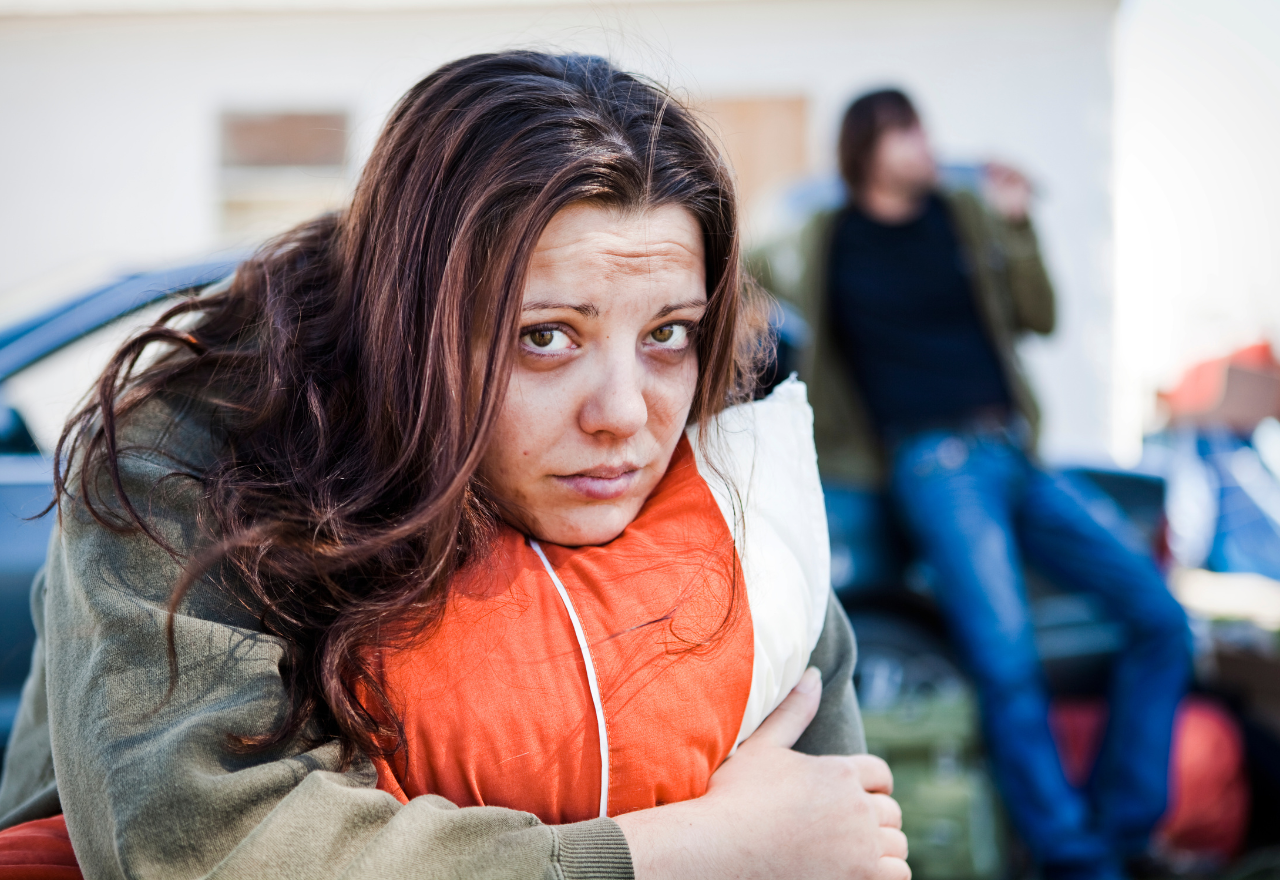 Girls form a large proportion of children seeking help for homelessness.
Girls form a large proportion of children seeking help for homelessness.A Western Plains front line worker has indicated the reality of our children facing homelessness.
In National Child Protection Week, Barnardos Australia (Barnardos) has released fresh analysis revealing the shocking reality for children.
In June 2025, 28,279 children went to a specialist homelessness service for help.
Concerningly, 30 per cent of them were under the age of five, a further 27 per cent were aged five to nine.
Many sought help by themselves, or with other children.
Western Plains Barnardos’ Eliza Gibbs says many of the children in our region are driven out of their homes by family violence.
“This should be a massive wake up call for governments and communities.
"Thousands of children, who are in many cases leaving unsafe home environments, are winding up homeless.
"Children are not bystanders to crises like homelessness and family violence, they are also victims-survivors, and we cannot stand for that as Australians."
Leaving home alone
New analysis of the latest Australian Institute of Health and Welfare data released by Barnardos Australia this week shows girls are significantly overrepresented when it comes to children seeking help without a parent or guardian.
In 2023-24, more than 13,000 of the children who accessed specialist homelessness services were not accompanied by an adult, and 63 per cent of these were female.
The reason most often cited was relationship issues was the reason most often cited, followed by family violence.
Disturbingly, among unaccompanied children who were homeless at the start of support, fewer than one in five were housed at the end, while about 77 per cent remained without secure housing.
“If we are going to protect children, we need to ensure families have safe and secure housing, but we also need child-focused support and early intervention programs to protect children facing family violence and homelessness," Eliza Gibbs said.
“Children who experience these unthinkable kinds of challenges early on in life, will be more likely to end up in a cycle of homelessness and poverty. We must break that cycle for our nation’s children."
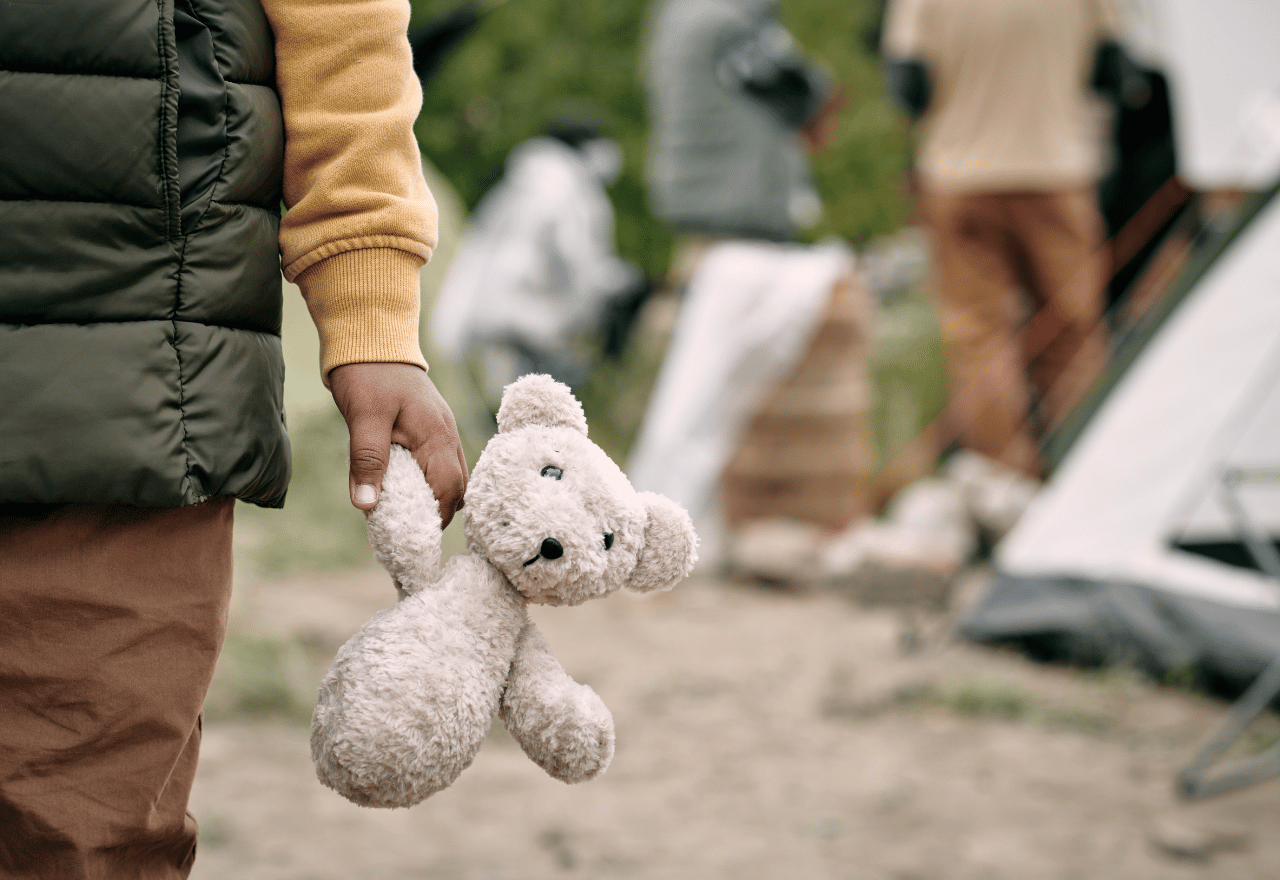
She says the persistent high rates of domestic violence in some of parts of the Western Plains doesn’t bode well and more has to be done.
Homelessness Australia CEO says increased funding by the Australian Government is helping.
“If Australia is going to solve homelessness, we need to draw on the policy, research and wisdom of people working to respond to homelessness and people with lived experience of homelessness,” CEO of Homelessness Australia Kate Colvin said.
“To solve homelessness, we also need to invest in the capacity of homelessness services to share knowledge and best practice to continually improve homelessness services.
“This important funding commitment will increase our capacity to support the homelessness sector and to develop policy recommendations, helping to develop the most effective responses to the growing homelessness crisis,” said Kate Colvin, CEO of Homelessness Australia.
Barnardos Australia is urgently calling for action from governments, including:
- Recognising children and young people as equal victims of domestic and family violence in policy, programs and service delivery so that they receive trauma-informed counselling and support when they most need it
- Recognising children as equal victims of domestic and family violence in legislation to trigger dedicated support and prevention programs
- Increasing investment in social and affordable housing to ensure parents and guardians can provide a safe and secure home for their children
- Increasing funding for more specialist child domestic and family support workers and trauma-informed counselling for children, beyond refuges to include Barnardos Children’s Family Centres
- Lifting of JobSeeker and other income supports so no child has to face going without food or a safe home
